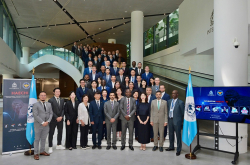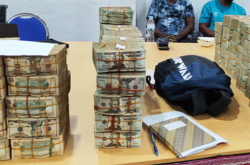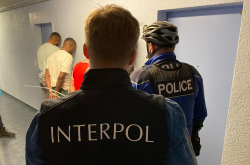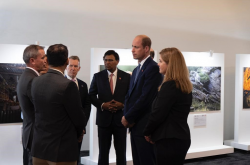There are a range of crimes associated with payment cards, payment systems such as point-of-sale terminals and cash machines (ATMs). The prevalence of online payment has been a boon to criminals opening up a host of new opportunities.
Crimes range from actual physical attacks on ATMs, for example using explosives, to sophisticated cyberfraud such as black-box attacks where an unauthorized device sends commands directly to the ATM cash dispenser.
Card-Present and Card-Not-Present fraud
In addition to actual card theft, criminals use various methods to capture data including card skimming at ATMs or ticket machines, and phishing. People are often unaware that their card data has been stolen until it is too late. This data may be used to create fake cards or used subsequently for Card-Not-Present fraud (CNP).
What happens to the data?
Fraudsters use the information to purchase goods in the name of victims or obtain unauthorized funds from the victims’ accounts. Compromised card data may also put up for sale on darknet markets. In many cases, the data stolen in one country is used elsewhere making it harder to trace.
Cross-border and multi-sector coordination
International cooperation is required for law enforcement to investigate these crimes, since the victims often live in a different country to where the subsequent theft/fraud/cash-out occurs. This is where our capabilities and support come in.
We cooperate with the European Association for Secure Transactions (EAST). Their website contains the definitions and terminologies of the various types of crimes in this context.
Global Airport Action Days
These regular operations aim to intercept travellers who are flying on tickets bought with compromised credit card data in order to crack down on the criminal organizations behind them. They are co-organized by Europol, INTERPOL and other international stakeholders.
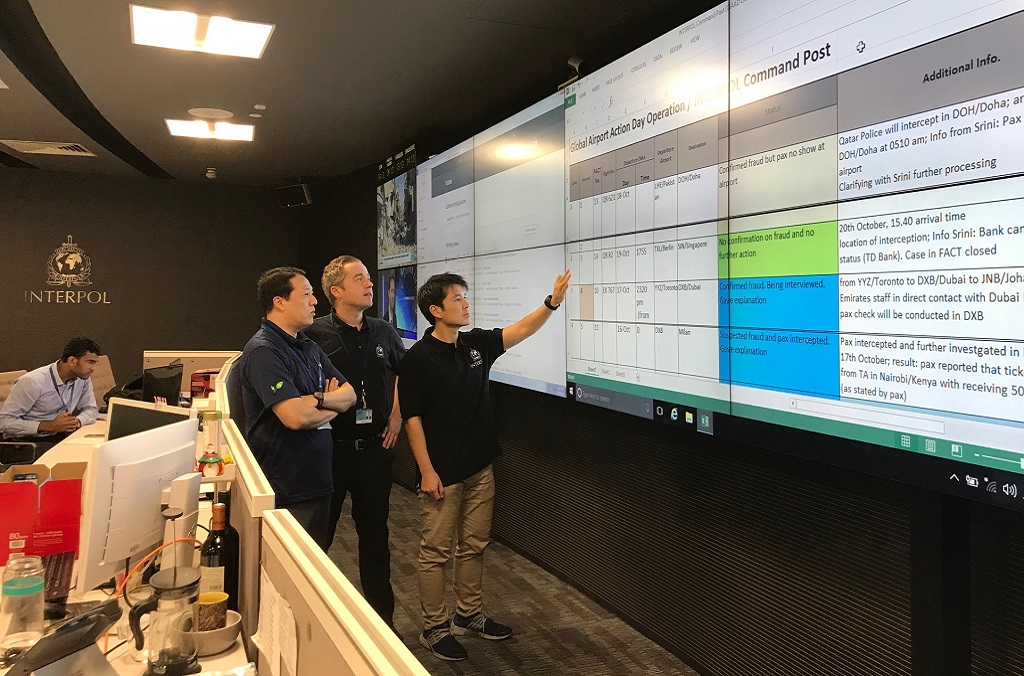
We mount a command post, and work round the clock with local police forces, airlines, the International Air Transport Association (IATA) and payment card companies. Recent successful operations enabled new modus operandi to be identified where organized crime networks attempted to gain access to transit areas in airports in order to facilitate illegal immigration and drug trafficking.





